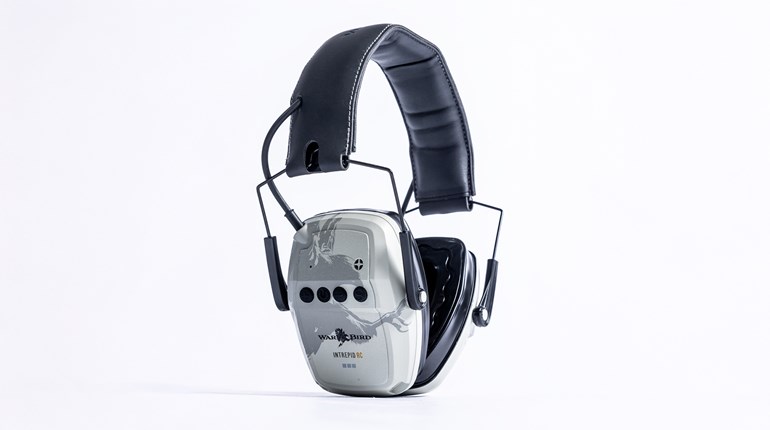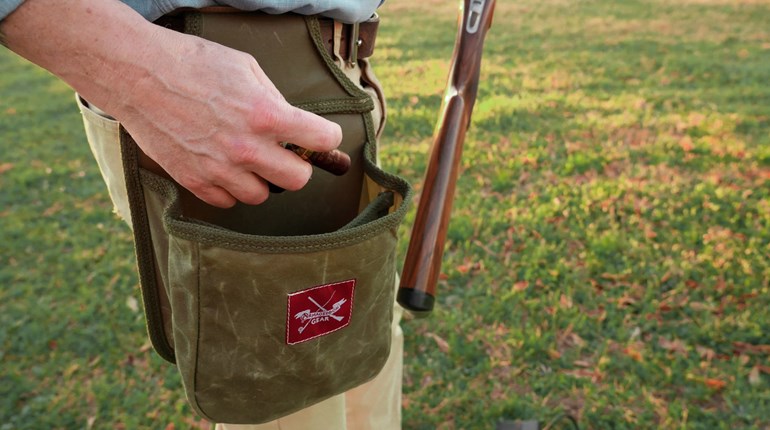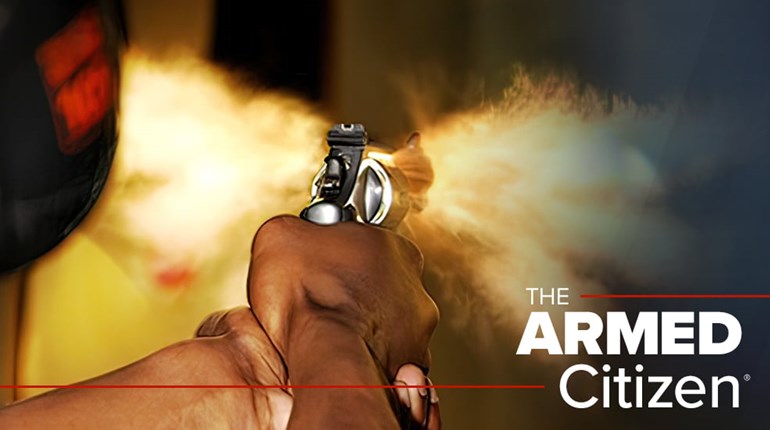
The Hearing Protection Act, a new federal bill sponsored by U.S. Rep. Matt Salmon, R-Ariz., would remove suppressors from the stringent regulation imposed by the National Firearms Act (NFA) and make them much easier to acquire for ordinary gun owners. Deregulating suppressors would go a long way toward reducing hearing damage among gun owners—but don’t expect to see a groundswell of support from those calling for “common-sense” gun laws for the sake of “public health.”
SilencerCo CEO Josh Waldron has been fighting for suppressor deregulation for a long time and is a vocal proponent of the bill. He took some time to brief us on why this legislation is so crucial.
A1F Daily: Could you provide us with a bit of background on your interest in the Hearing Protection Act?
Josh Waldron: I’m a firm believer that the NFA regulation applying to what is basically a muffler—the same thing you would put on a car, but for a gun—is egregious. And I would love nothing more than to see law-abiding citizens in America be able to buy these devices without all the ridiculous tax-stamp money and wait time and red tape that the NFA calls for. It’s a prime example of government overreach, and I don’t agree with it at all. That’s the primary reason for my interest, although of course the growth of the suppressor market would be good for my company and the nation as a whole, adding jobs and helping the economy grow.
I’m 100 percent in support of this bill, and I’ve been pushing really hard to promote it. I worked with the American Suppressor Association, who worked with the NRA, who worked with Matt Salmon to get this legislation written. Really this is an ASA and NRA thing that they’ve worked hard on, and I’ve been involved in that process, but I’ve especially been promoting it through my Fight the Noise website. We’ve had an amazing level of support, with people signing up and sending letters to their lawmakers: We’ve had tens of thousands of people log in and send letters from our system, and that’s a very effective tool. We’ve been pushing the Fight the Noise campaign for a long time, getting a lot of subscribers who are willing to be advocates and actually do something. We have a ready-made list of people who are ready to fight for this, so when Congressman Salmon dropped that bill we had overwhelming support from our people. “I’m a firm believer that the NFA regulation applying to what is basically a muffler—the same thing you would put on a car, but for a gun—is egregious.”
A1F: In a lot of European countries that have overall much stricter gun regulation, you can get a suppressor with no problem. How is it that in America they ended up falling under the NFA sphere of regulation?
JW: This is an old bill, dating back to about 1934, at a time when mob violence was a major problem. The crazy thing is that suppressors weren’t used by the mob during all of the notorious crime in Chicago and other major cities. They were added to the language of the NFA at the last minute, mostly because people were afraid that they would be used for poaching, even though that wasn’t something that had happened. Suppressors got quietly added right before the bill passed, and we got dragged into it without any say-so. It was hugely damaging to the suppressor market—it was a $200 tax stamp to buy one back then, same as it is now, but consider how much more money that was in the 1930s. Of course, the way that Hollywood has depicted suppressors has caused further damage to their image in the U.S. Whereas if you look at other countries, there’s none of that stigma attached. You can buy one in a hardware store. So why do we put all this red tape in front of a safety device?
A1F: Aside from health, is there a benefit we should be talking about in terms of civility, being good neighbors?
JW: That’s a very real thing. Gun ranges are being closed down all over the country because of urban sprawl, people encroaching onto these lands. It’s not just shooting ranges; it’s hunting, too. Everyone knows that hunting is a vital part of the conservation effort, but people start moving near prime hunting land and complaining about gunfire, and getting hunting and shooting outlawed. So this is another way for us to be able to maintain the use of our land and preserve our right to hunt and fish.
A1F: What has the response been when you’ve donated suppressors to Boy Scouts and other youth shooting efforts?
JW: We actually haven’t seen any negativity. We thought that some parents would be concerned, but we haven’t seen that effect at all. It creates a safer environment, allowing the instructors to talk to the kids. It allows the kids to be more comfortable with less recoil, less noise and better situational awareness, and I feel like parents pick up on that.
A1F: Any products coming out currently that we should be on the lookout for?
JW: We’ve got a ton of new products hitting the market, more than I can run through quickly. We just started a human enhancements division called SWR (SilencerCo Weapons Research), and our first product is shipping this year—a rail-mounted rangefinder that attaches to your firearm and co-aligns with your scope so you have a continuous read on what your gun is pointing at. It eliminates several processes—using binoculars to scan a hill, then putting them down and picking up your rangefinder, etc. We’ve got that, plus any number of new suppressors that are coming out.

|
Use Your Power!
Sign up at the Fight the Noise website to pledge your support for suppressor deregulation, and contact your legislators to let them know that punitive red tape shouldn’t keep gun owners from purchasing safety devices. Call (202) 224-3121, or use NRA-ILA’s “Write Your Lawmakers” tool
here.
|


































